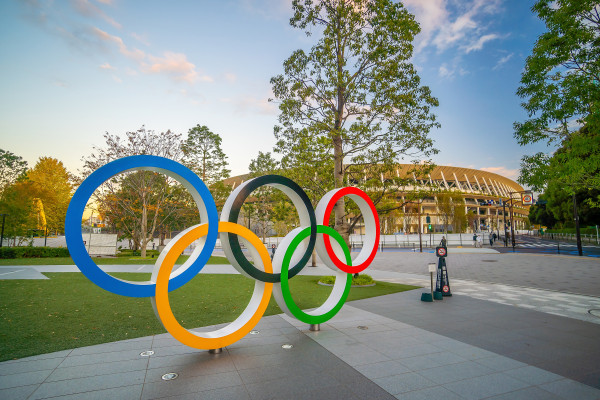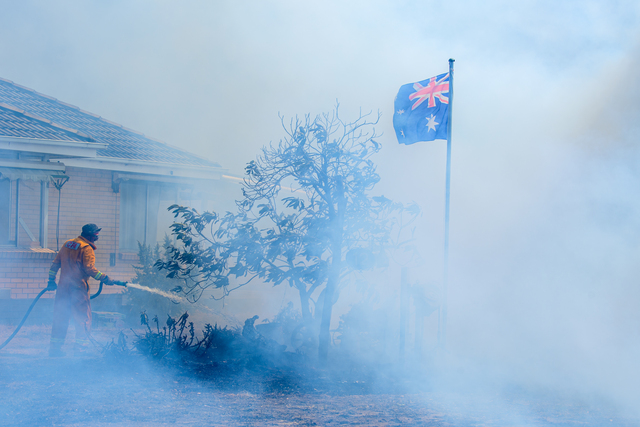I’VE welled up many times watching the Olympics over the past fortnight.
Tears have been shed over Aussie gold medal triumphs, or when cameras have crossed to jubilant families back in Australia, or when the entire Australian basketball team gave five-time Olympian Luis Scola a heartfelt standing ovation as he left the court to signal the end of his career.
Luis cried as well, as did his team mates. “Good on ya, Luis,” I sobbed, not knowing anything about the bloke.
Like most of us wannabe macho men, I subtly tried to wipe away the tears in the hope that my wife didn’t see me, only to realise that she, too, had the tissues out.
“What’s wrong with us?” she laughed.
Well, it turns out, the sooks in the Shields household have not been alone during these strange, but wonderful, Tokyo Olympics.
Many people across the world have found themselves turning into blubbering messes.
Why?
Well, like everything else in the world these days, it seems the bloody pandemic is to blame.
Monash University professor of psychiatry Jayashri Kulkarni explained that the Tokyo Games are providing distraction, and a safe and healthy way to displace coronavirus-related emotion – be it anger, anxiety, boredom or hopelessness.
Even people who don’t watch sport have found themselves tuning in and crying tears of joy over the past two weeks.
It’s better than watching today’s case numbers on the news, right?
Kulkarni explained that after 18 months living in a pandemic, our reserves are running thin, so our emotions are closer to the surface and many of us are uncharacteristically welling up.
“I think the pandemic has been so challenging that those moments of success and victory trigger even stronger responses from us than usual,” she told The Sydney Morning Herald this week.
“These Olympics are imbued with a number of symbolic representations that are not actually to do with the sports themselves.”
The fact that these Olympic Games are on at all has also heightened our emotional response.
The staging of the event, which was postponed last year, was fraught with ethical issues, given the Games’ deep unpopularity with Japanese people amid rising virus cases in Tokyo.
Before the Games, viewers across the world were left with a moral decision of whether to watch or not to watch.
But the TV numbers have told an incredible story.
Bolstered by a friendly time difference – Tokyo is just one hour behind Australia’s east coast – Seven’s coverage of the Tokyo Olympics has well and truly outperformed the Rio Games of 2016.
For me, there has been something very different about this year’s Olympics. And I don’t just mean the bleeding obvious of no crowds and masked athletes.
Rather, they have highlighted our very human need for something positive and inspiring to cling on to, particularly in troubled times.
The entire world is suffering through this pandemic, so in many ways these Olympics have felt like a giant coming together of human spirit.
The whole world becomes smaller as we’re all glued to our TV sets, focused on something positive: the triumphs, the thrills, the spills and the marvel of the human body and mind. And the shared respect and sportsmanship from the competitors, who have understood the emotional and physical hurdles they have overcome just to be there. It’s been genuine and uplifting. I’ve even found myself applauding the Americans!
So any fear that these Tokyo Olympics would lack soul without crowds has been laid to rest.
In fact, I imagine we will look back at these Games as being one of the world’s most symbolic in history.
Grab the tissues, it will be sad when it all ends.








